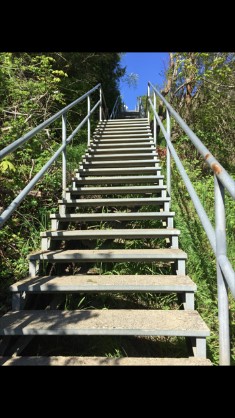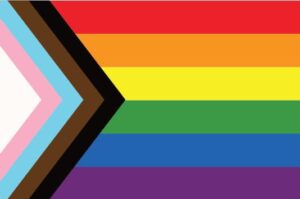Disability Employment Month
According to the Canadian Survey on Disabilities (CSD) report 2012 funded by Statistics Canada, 1 in 7 (14%) Canadians aged 15 years or older, reported having a disability. That’s about 3.8 million people. Chances are you may be a person with a diverse ability, and you may also be looking for a job. Your disability may be a noticeable, visible diverse ability, or it may be a hidden one such as a learning or mental health issue. Regardless of what type of diverse ability you may have, you need not look upon it as a liability while job searching. Just as there is always a silver lining in a dark cloud, it is important to look at what gifts you bring to any work situation. Because no matter what, each and every person has something to offer. So, as with any other job seeker, it is important to be well prepared in your job search. Especially when it comes to talking to employers in interview situations.
If you have a visible or noticeable diverse ability, it is best to acknowledge it when meeting an employer in an interview or informational interview, but only refer to what is necessary. Then move on to your strengths, abilities, past work and volunteer successes. Always be confident, and make sure you practice rehearsing ahead of time. The interviewer may be ignorant about your diverse ability, so even if you hear statements or pick up on attitudes that shock you, stay calm and cool. What you hear or feel may convince you this is not a place you want to work, or this could be a chance to provide information and give the interviewer the opportunity to learn more about your diverse ability. You can ensure they are clear your disability has no impact on your ability to do the job and it can be another chance to re-iterate your skills, abilities and strengths related to the position you are applying for.
If your diverse ability is not noticeable, at what point in the process should you reveal it? In the interview? Once you’ve been offered the job? There is no right or wrong answer to these questions. You would have to evaluate the risk of disclosure as to whether it would hurt or hinder your chances of being hired. Some employers might lose trust if you wait until after you have been offered the job. If you do disclose it in the interview, it might develop more trust between you and the employer. A great resource for information to help you weigh out the pros and cons is the Abilities Canada (Inspiration, Information and Opportunities for Canadians) website: http://abilities.ca/disclose-not-disclose/
If you are not able to get the job on your own, and/or if you struggle with anxiety or mental health issues that greatly impact your ability to be successful in meeting with employers, you can always obtain the support from a job developer. Our Job developers are specialized employment consultants whose job it is to make connections with employers and advocate for those who are not able to market themselves. It is their job to get you the job. A job developer can do some of the ‘pounding the pavement’ for you, attend an interview with you, and sometimes even land the job for you. There are many agencies that can provide this service locally, including the Career Centre (Work BC): http://www.careercentre.org and Vancouver Island Vocational and Rehabilitation Services: http://www.vivrs.ca/
So, remember to stay confident and focus on your abilities. Know your limitations and how to address them with an employer. If you are not able to be confident in your job search, seek the care of a job developer who can support you by building bridges between you and the employer.
 Exercise and Job Search
Exercise and Job Search